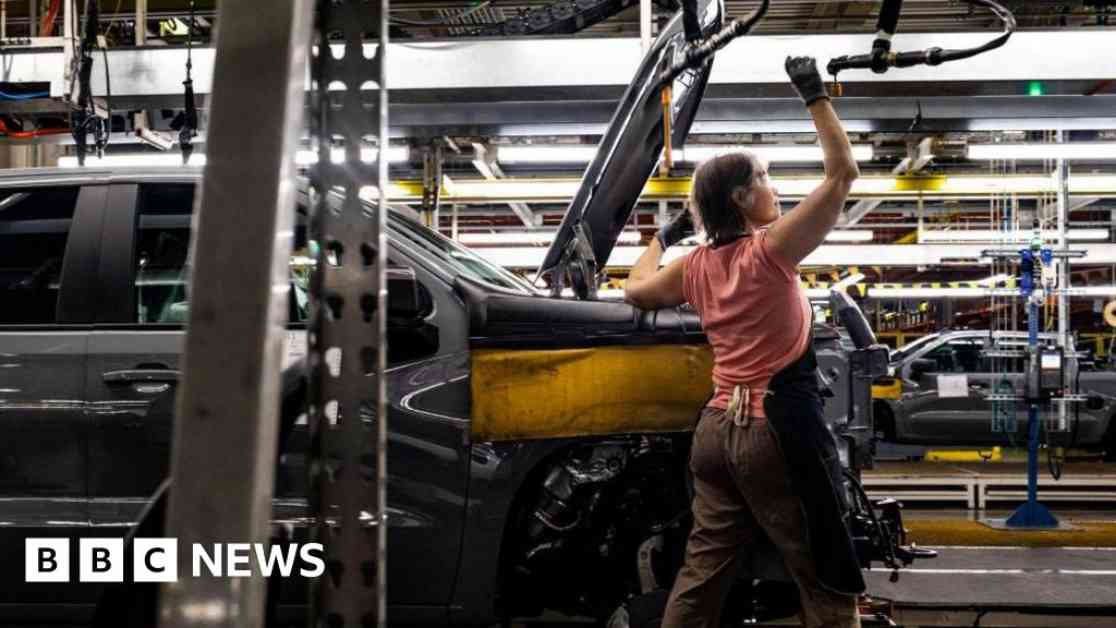The US government is taking steps to ban certain hardware and software from China and Russia in vehicles within the country. This decision is based on concerns about security risks associated with technology used for autonomous driving and vehicle connectivity. The fear is that this technology could potentially be used by adversaries to manipulate cars remotely on American roads. While there is currently minimal use of Chinese or Russian-made software in American vehicles, officials are being proactive in safeguarding national security and citizen privacy.
Commerce Secretary Gina Raimondo emphasized the importance of protecting the country against potential threats posed by the technology present in modern vehicles. With features like cameras, microphones, GPS tracking, and internet connectivity, foreign access to this information could indeed pose significant risks. However, Chinese officials have criticized the US for unfairly targeting Chinese companies under the guise of national security.
This proposed ban is part of a broader effort by the White House to reduce China’s involvement in the automotive supply chain. In addition to restrictions on Chinese-made products, tariffs on electric cars and related items have been increased. The investigation into cyber risks associated with connected cars further underscores the government’s commitment to addressing potential threats in the automotive industry.
The ban on software is expected to take effect in 2027, with hardware rules following three years later. This timeline allows the industry to adjust its supply chains accordingly. While some companies may need to find new suppliers as a result of these regulations, the Alliance for Automotive Innovation, which represents major car manufacturers, acknowledges the challenges of transitioning such a complex supply chain. The association plans to provide feedback as the final rules are developed to ensure a smooth transition for all stakeholders.
Overall, the US government’s decision to ban Chinese and Russian technology in vehicle manufacturing reflects a broader effort to protect national security interests and safeguard against potential cyber threats. While the implications of these regulations may require adjustments within the automotive industry, the goal is to create a secure and resilient supply chain for the future.

